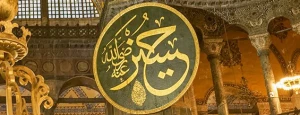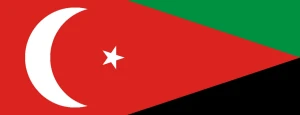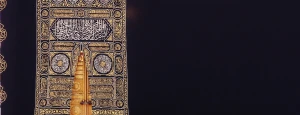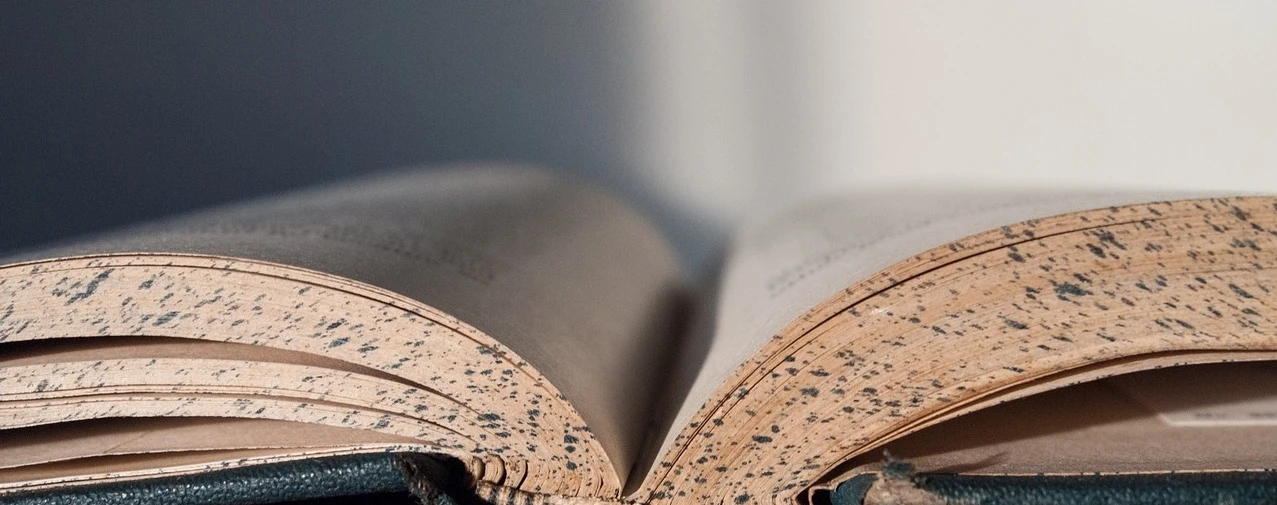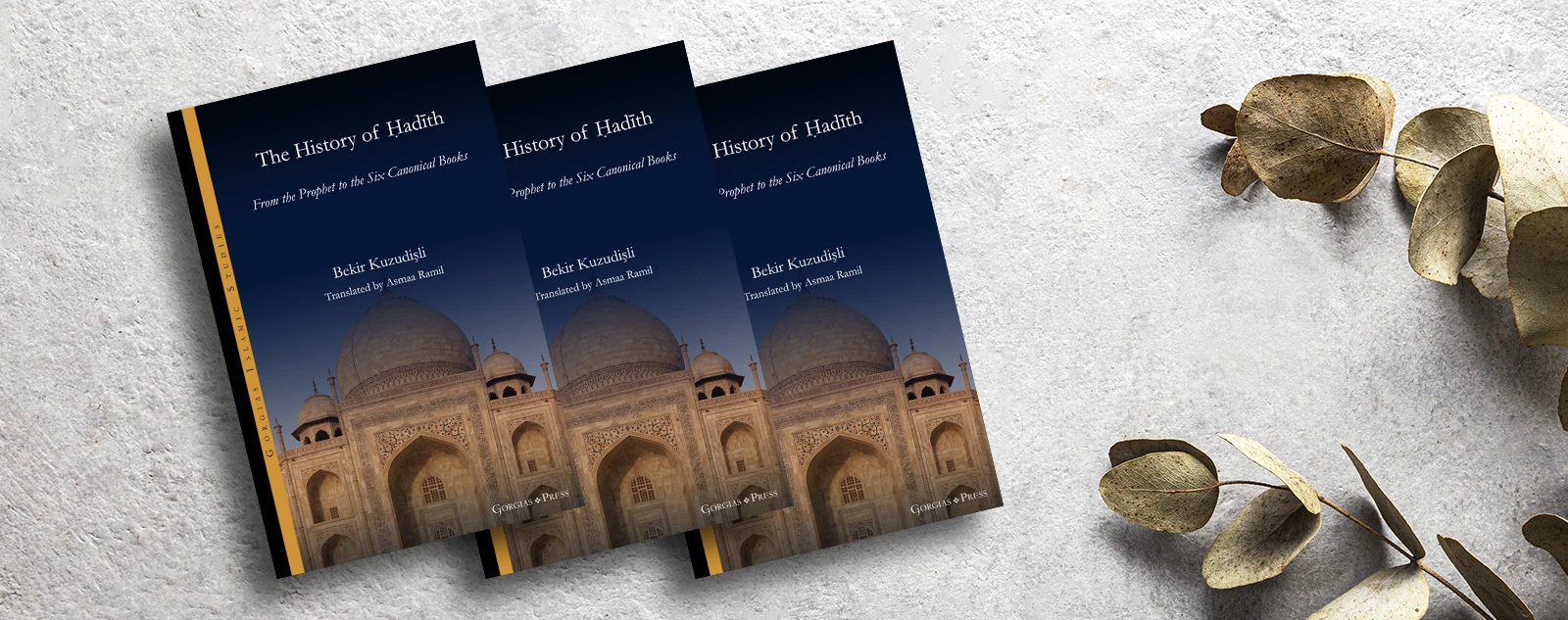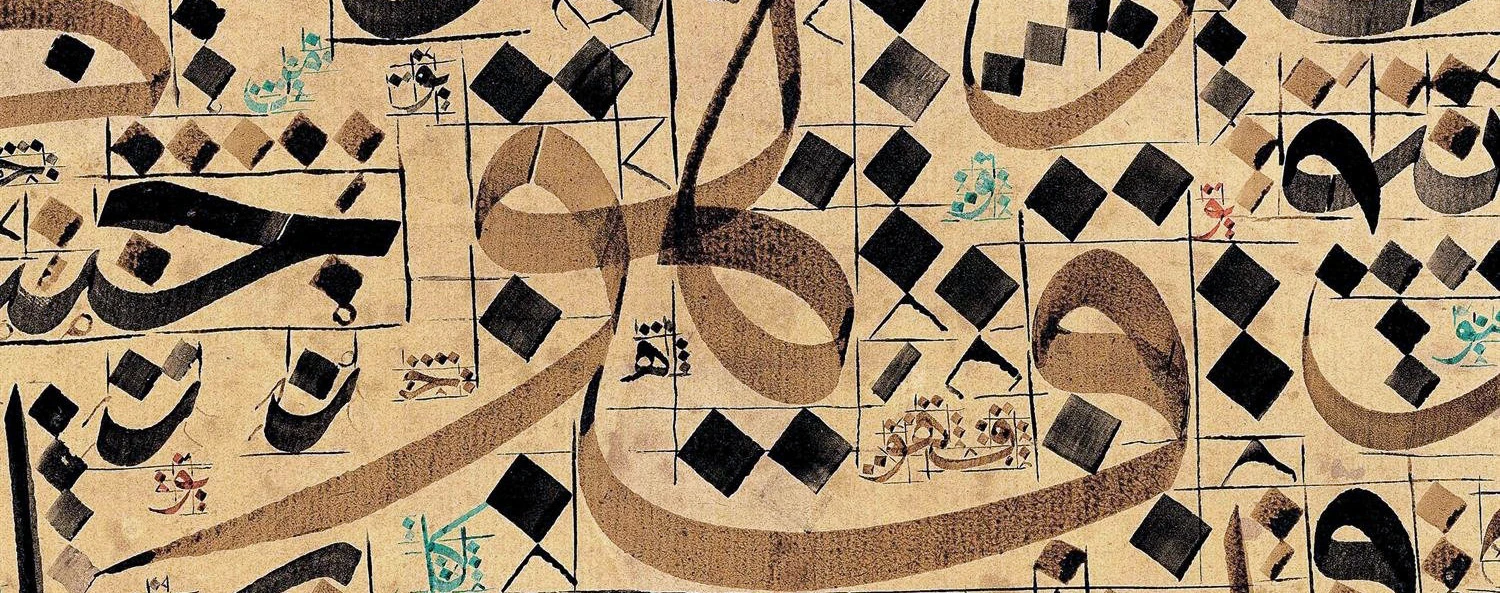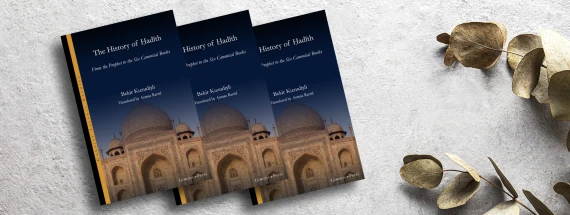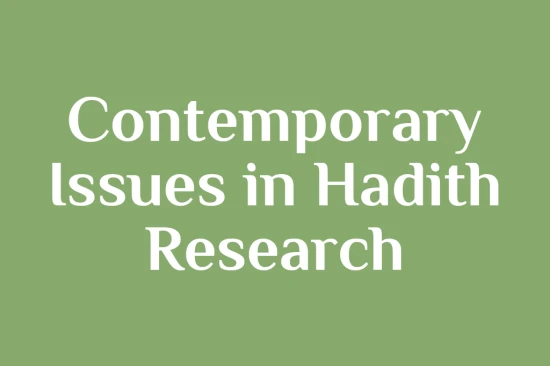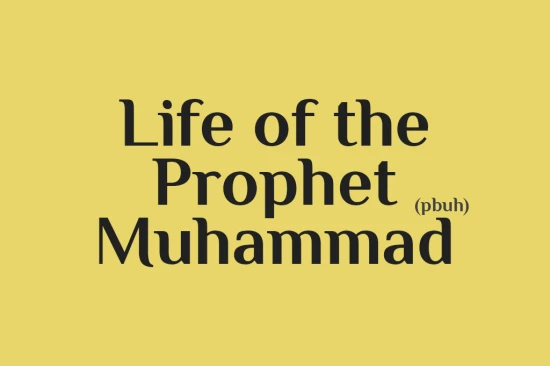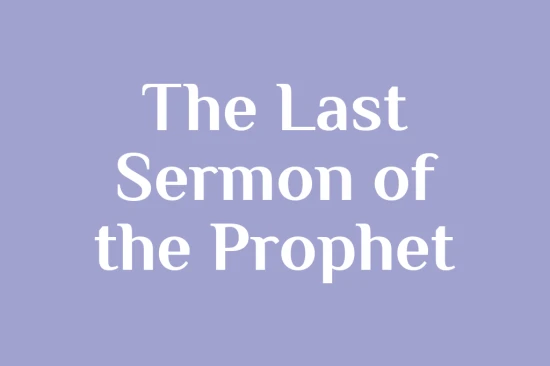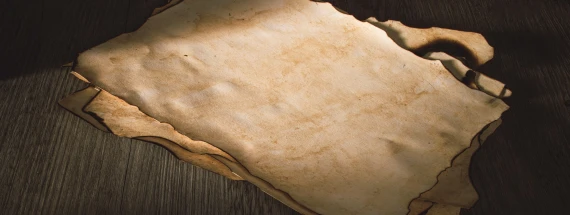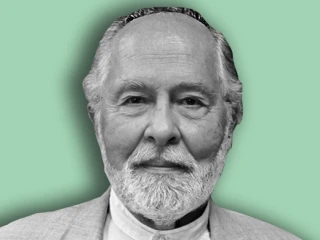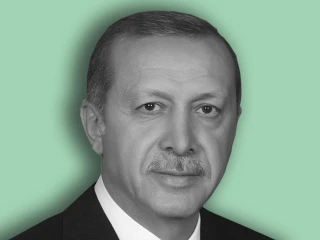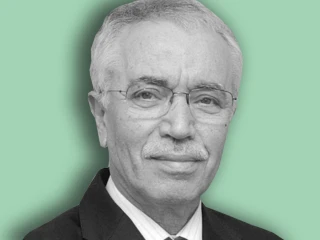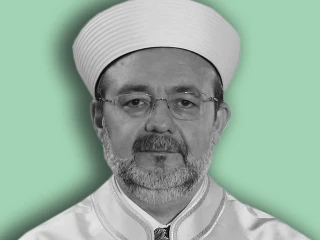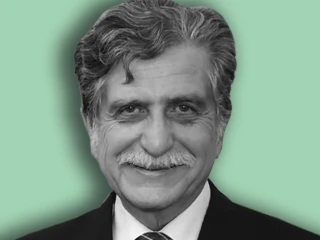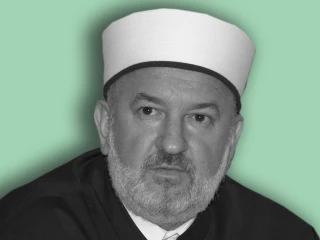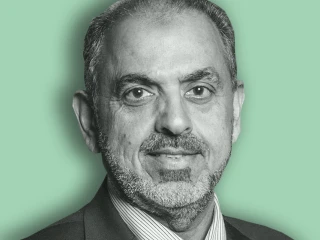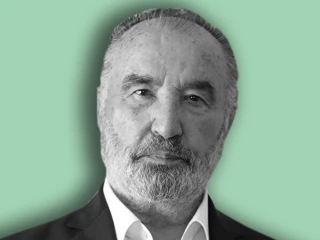
Not only the Muslims but also the whole humanity is in need of knowing the Prophet. For, according to Holy Qur’an and our belief as Muslims, he has been sent as a mercy not only to the material universe, but to all the worlds – material and spiritual, physical and transcendental. Therefore, introducing the Prophet to humanity is one of the most important services to humankind. Many means had been used to this end in the past. The contemporary world is identified as the age of information and communication wherein new means, methods and channels, hitherto unconceivable, have been discovered to transmit knowledge. So we must use all of these channels as a means to properly acquaint both Muslims and humanity with the beloved Prophet. As such, I welcome this web portal project as a very significant project of the modern age.




